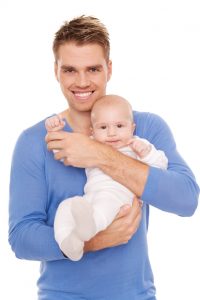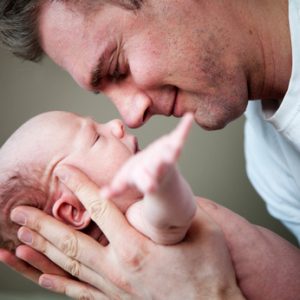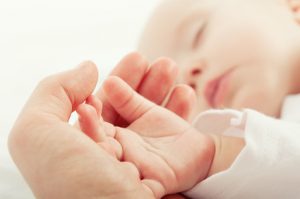
November is National Adoption Month and one organization is making an effort to reach out to everyone who is interested in adopting, regardless of sexual orientation. With so many changes occurring within our country, and more acceptance of the LGBT community taking place around the the country, it’s only fitting that when it comes to the topic of adoption, everyone should be included within the discussion. Many states still have laws against same-sex couple adoption, or at least make it more difficult for a couple to adopt, although there are ways to work around each system. Single parent adoptions are on the rise, and of course, there are parenting partnerships, where two individuals in a non-romantic relationship raise a child together, under their own personal terms, which are beginning to become more and more common. Parenting partnerships are limitless and adoption is definitely one of the many options for people considering entering a co-parenting agreement.
More information on RaiseAChild.US and their campaign, “Let Love Define Family,” can be found below. (source)
In an expanded effort to outreach to the lesbian, gay, bisexual, and transgender (LGBT) community, RaiseAChild.US is launching a national campaign entitled “Let Love Define Family” and is hosting special events in a five-city tour in mid-November and early December for National Adoption Month. The events will be held in Chicago (November 18), Los Angeles (November 20), Kansas City (November 21), New York City (December 3), and San Francisco (December 5). The evening events will feature an LGBT parent panel and actor/comedian Alec Mapa performing an excerpt from his one-man show “Baby Daddy” about adopting his son from the foster care system.
RaiseAChild.US believes all children deserve a safe, loving, and permanent home. The Los Angeles-based nonprofit encourages the LGBT community to build families through fostering and adoption to serve the needs of the 400,000 children in our nation’s foster care system. Recognizing that many prospective parents fear they will not be accepted by foster and adoption agencies because of their age, marital status, or other reasons, RaiseAChild.US provides its services free to anyone who wants to foster or adopt from the foster care system by helping them navigate the system through RaiseAChild.US’s unique Parent Advocacy program.
“The upcoming holiday season is a special time when people think about family and family building,” says RaiseAChild.US founder and CEO Rich Valenza, who adopted a five-year-old girl and six-year-old boy from foster care before founding the organization. “At RaiseAChild.US, we are concerned year-round about the hundreds of thousands of children in foster care. Our goal is to find safe and loving homes for these children and we know that non-traditional family formations are another solid and proven answer to this national crisis.”
Actress Sherri Saum, who stars in ABC Family’s groundbreaking hit drama series “The Fosters,” has lent her support by recording radio PSAs that will air in Chicago, San Francisco, and in Spanish and English in Los Angeles. Saum and her co-star Maia Mitchell each participated in an interview for the RaiseAChild.US “Let Love Define Family” series in Huffington Post Gay Voices. Actor comedian Alec Mapa participated in media interviews to promote RaiseAChild.US’s work in the Advocate.com and in the Chicago Tribune. In addition to radio and television PSAs, the organization’s media campaign includes transit ads in Chicago, and streetlight banners in San Francisco, Los Angeles, and Long Beach, California.














